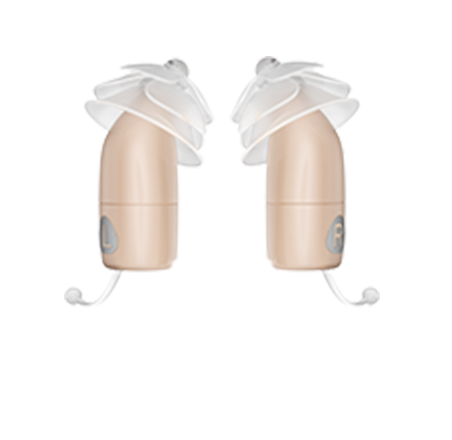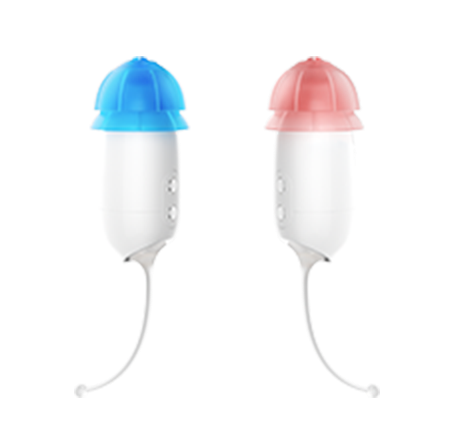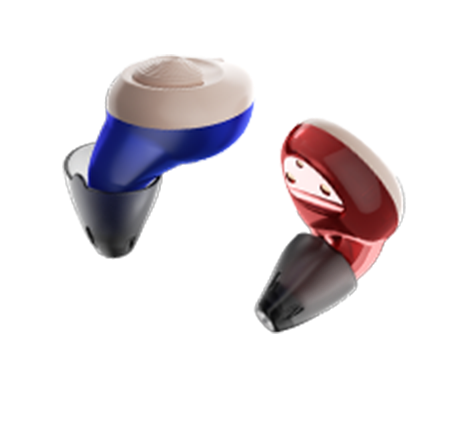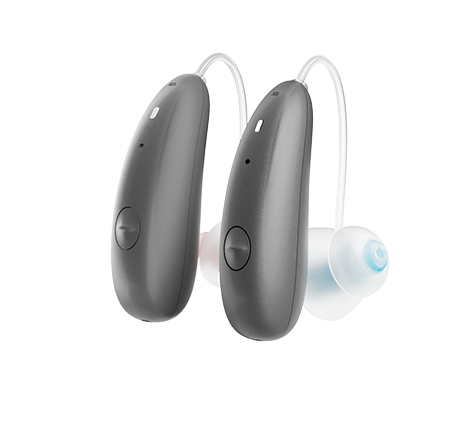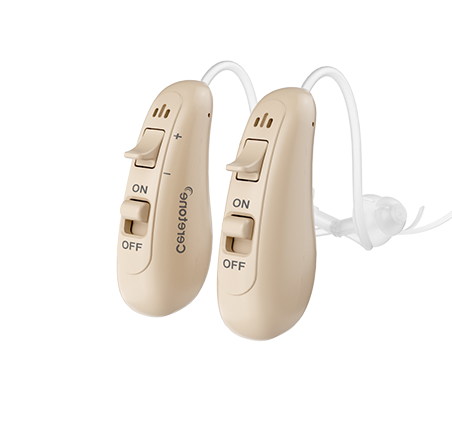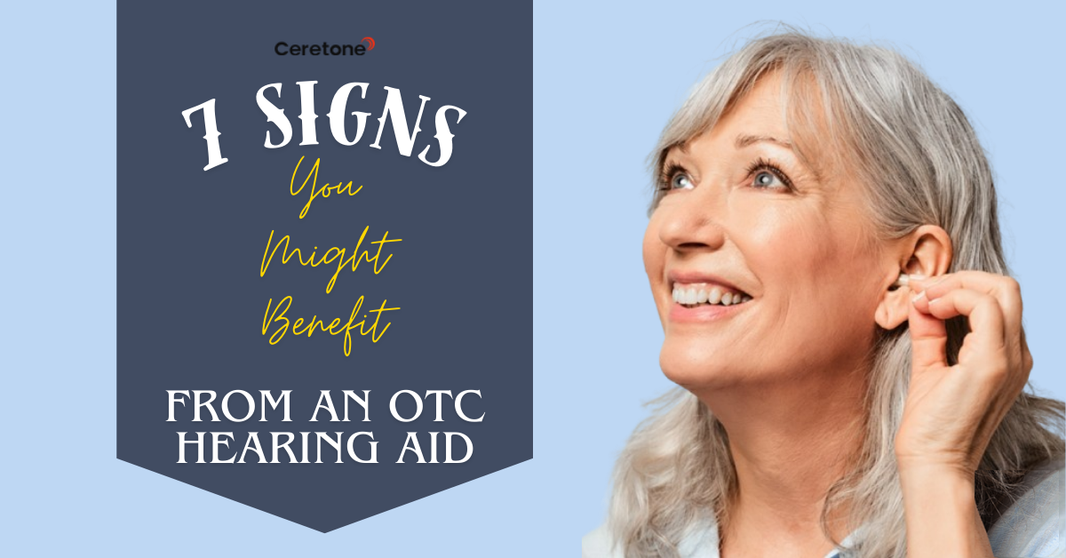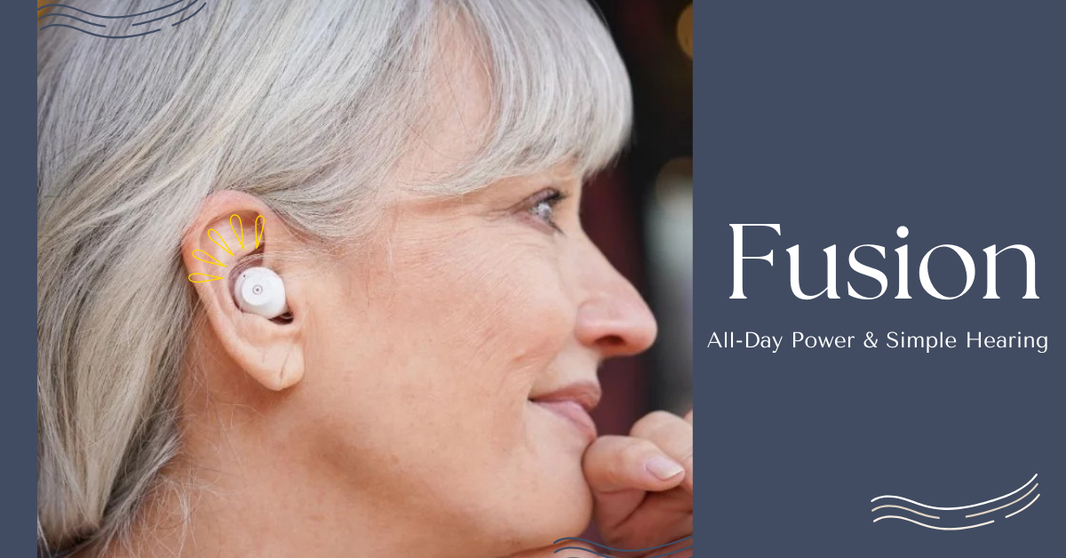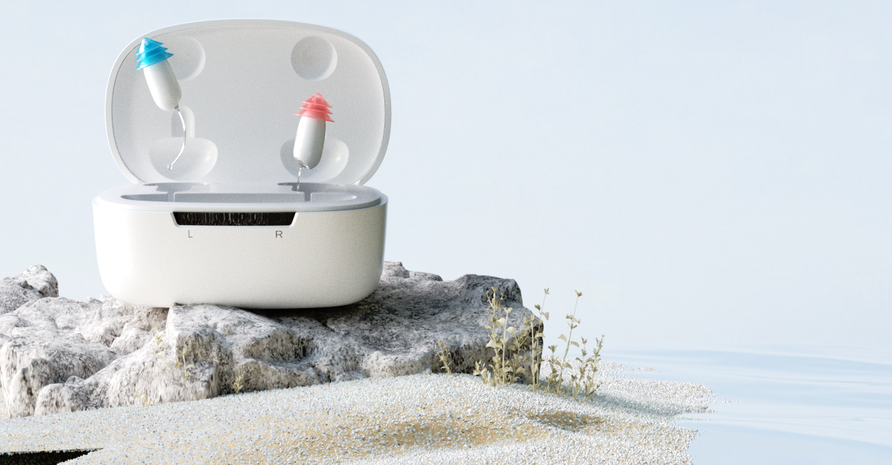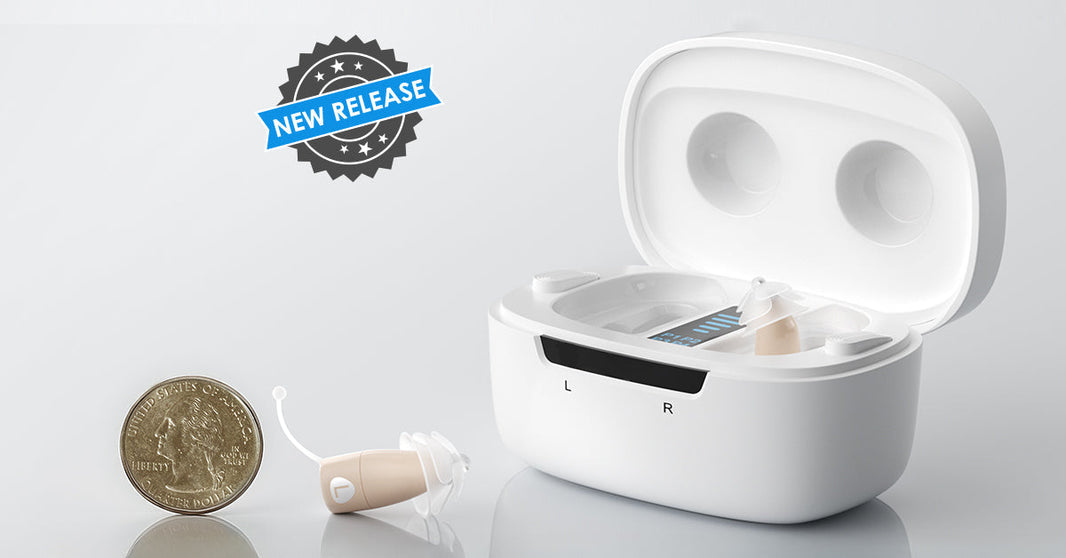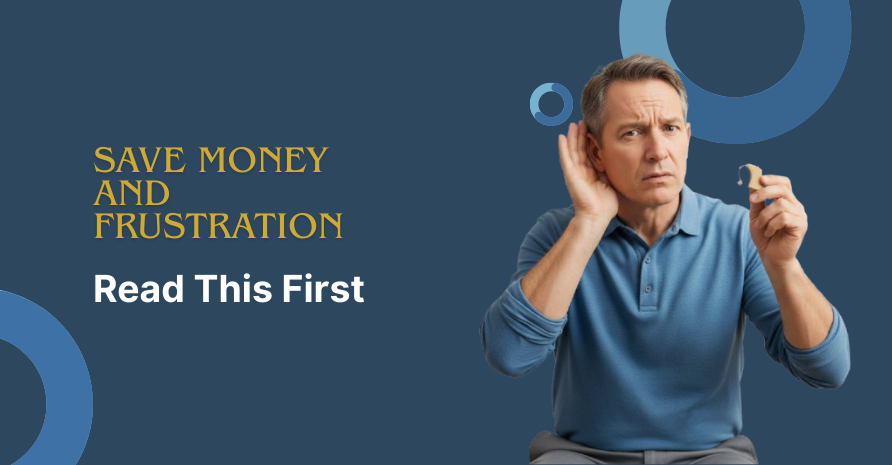
When Is the Best Time to Use Hearing Aids?
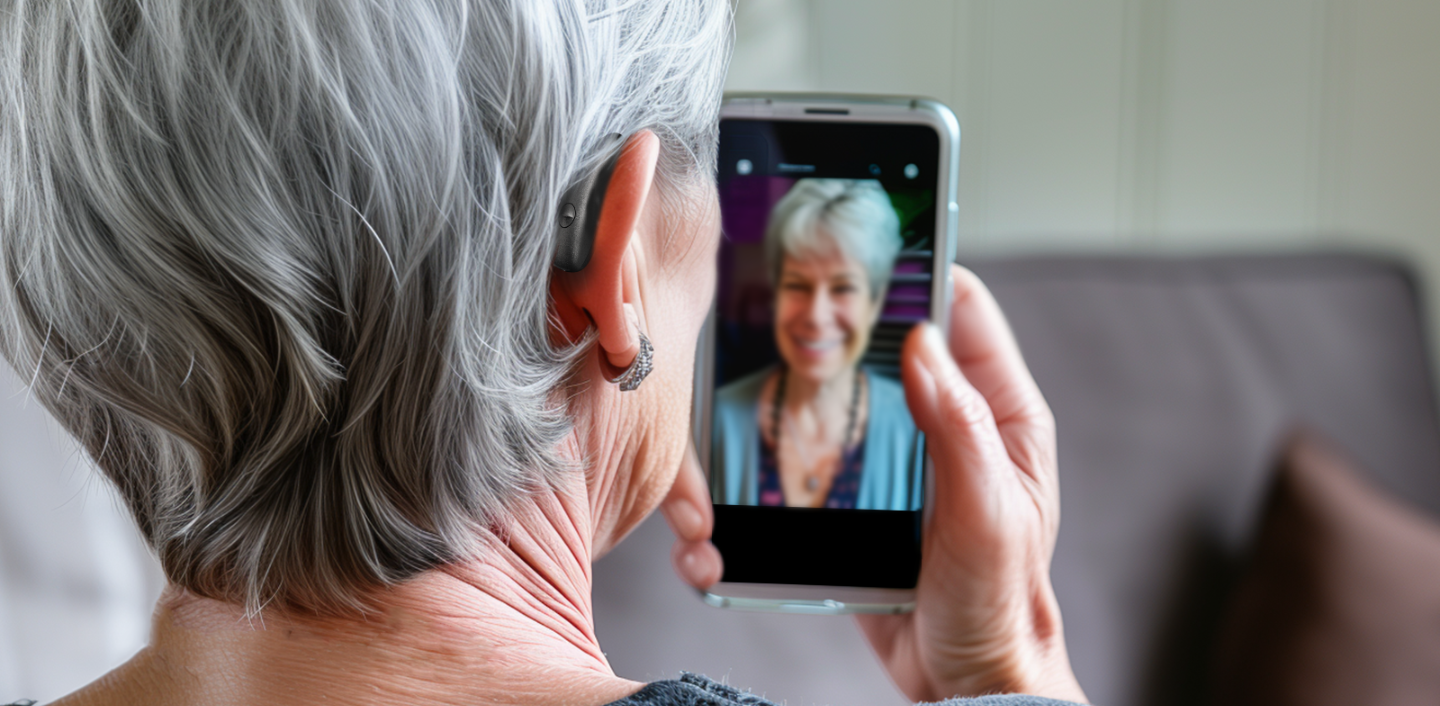
The best potential of hearing aids is realized when you know what is the best time to use them. Experts strongly suggest the use of hearing aids during all waking hours, only leaving aside the time when you are either bathing or swimming. It is not advisable to sleep with hearing aids or wearing them in extremely loud surroundings.
From knowing how to wear hearing aids to being able to ensure you actually need to wear one, here we answer your most important questions on how and when to use your hearing aids.
How Many Hours Should I Use Hearing Aids?
The most important aspect is to wear your hearing aid for as much of your waking hours as possible. This is crucial to help your brain adapt to the signals emitted from the machine, especially since you might have lost sensation towards the smaller sounds in the environment.
Depending on the severity of your hearing loss and how new you are to the device, you can gradually increase the number of hours of wearing the hearing aid. Experts also point out that when you wear the hearing aids regularly, you help keep your brain stimulated enough as it receives the signal from the device.
To avoid any side effects of hearing aids, make sure you don’t use them in dangerously loud environments. This is crucial to avoid any further loss of hearing. Moreover, make sure to notice any further side effects of hearing aids, such as irritation in the outer skin area or the inner ear canal.
Besides, if you sleep with the hearing aid, there are chances of the pieces of the device getting dislodged in your ear. You can even end up losing the device if you accidentally forget to take it off before you go to bed.
When Do Hearing Aids not Help?

Contrary to popular belief, hearing aids might not be the single go-to solution for all types of hearing loss.
The most common situation in which the hearing aid might not help is when the device you select is different from your level of hearing loss. For instance, an individual with a hearing loss of above 91+ dB is not likely to benefit from the use of a hearing aid. In fact, experts even suggest that anyone with hearing loss in the range of 71-90dB may also require a middle ear implant or a cochlear implant to restore their hearing. Hence, it is important to ensure that your hearing loss is within the range for the device to help.
Another reason why the hearing aid might not help is the wrong choice of the type of device. While an individual with a hearing loss of 46 to 55 dB might benefit from a low-intensity hearing aid, another one with a hearing loss of 56 to 70 dB will be required to use a device with higher amplification. Any mismatch in this regard will lead to improper results.
In addition, one of the other common reasons a hearing aid will not help is when it is clogged with debris or wax. The wax guard might need to be replaced if the device sounds weak.
Can You Sleep with Hearing Aids?
Research shows that moderate to higher levels of hearing loss are generally associated with increased levels of fatigue. Hence, it is crucial to ensure a good night’s sleep for such individuals.
However, experts warn against sleeping with hearing aids for a variety of reasons. The most important reason why you should not sleep with hearing aids is physical comfort and security. It is crucial to give rest to your ears besides letting the batteries recharge.
Moreover, the hearing aid material is hard and can press into your ear, thereby causing an injury.
In addition, when you accidentally sleep with hearing aids, it can often create an uncanny whistling sound, also known as feedback, as your ear rubs against the pillow.
For best results, it is always advisable to take off your device at night, clean it, place it in the open and let the batteries recharge.
Can You Wear Just One Hearing Aids?
Hearing loss, especially if it is not related to age, can often be more intense in one ear than the other. Generally speaking, bilateral hearing loss is the most common. So, can you wear one hearing aid? Well, research strongly suggests against that.
Experts point out that wearing a device on both ears is recommended to support the natural process of binaural hearing. Since the brain compares sound signals from two ears in normal hearing, it might become difficult to recognize the sound if someone speaks into the ear without the hearing aid.
Meanwhile, some experts also insist that wearing two hearing aids will help conserve the hearing power in the weaker ear by giving enough stimulation to the auditory nerve. Wearing a hearing aid in both ears will also allow you to set the device at a lower volume.

Does Hearing Loss Get Worse without Hearing Aids?
Though scientific evidence suggests that your hearing is likely to get worse regardless of whether you use hearing aids or not, wearing hearing aids will definitely slow down the pace of the decline in your ability to hear. This is because the auditory nerve needs stimulation to function effectively, and without it, the brain's ability to process sound decreases.
However, though your hearing will not get worse without hearing aids, not wearing them can have an adverse effect on healthy brain functioning. Research shows that senior citizens who do not take the auditory support end up getting socially isolated, thereby expediting the onset of dementia and depression.
Conclusion
Knowing what is the best time to use a hearing aid, along with the knowledge of how to optimize their usage through proper management and storage is the key to getting the maximum benefit out of your hearing aids. There can be serious side effects of not wearing hearing aids, especially when your audiologist has advised you to wear one.
If you are ready to improve your hearing life, Ceretone hearing aids are the perfect option for you. With our advanced technology, invisible design, and comfortable fit, they provide an unmatched hearing experience. Visit Ceretone website or contact us to learn more about our products and choose the hearing aid that best suits your needs.
Read More:
Completely In Canal CIC Hearing Aids: Everything You Must Know
How Long Do Hearing Aids Last? The Essential Guide to Maximizing Lifespan
Ceretone Core One vs Eargo 7 Hearing Aids: Alternative, Reviews & Price
OTC Hearing Aids vs Prescription
Are Hearing Aids With Rechargeable Batteries More Moisture-Resistant
Can I Use Neosporin in My Hearing Aid Domes?
Why Do My Ears Itch When I Wear My Hearing Aid? Here’s How to Fix It!
